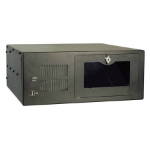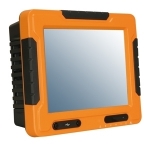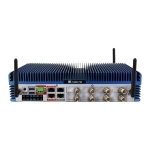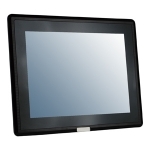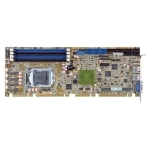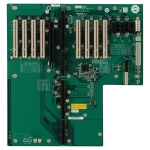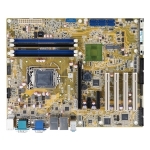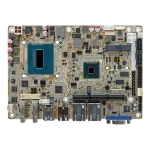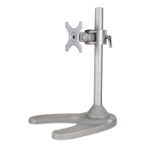Think of an IPC (Industrial PC) in terms of your desktop computer: many of its technical characteristics and features are basically the same: processor & RAM type. storage media, interface ports, performance, etc. However, an Industrial PC is a ruggedized system, fit for use on the shopfloor.
What Distinguishes a Commercial PC from an Industrial PC?
First of all, industrial computers are especially designed to withstand harsh environments (extremes of temperature, dust, humidity, vibration, power surges) that commercial PCs are not designed for.
Before choosing a ‘PC’ for your application, you should always take into account the following factors:
- Temperature: appropriately deployed, industrial computers can be rated to work up to 45°C and over, while commercial PCs should stay well below the 35°C temperature range.
- Dust: cooling fans, when external to the chassis, are usually provided with special filters to keep out dust and other similar contaminants. On systems provided with positive air pressure flow within the chassis, you also obtain:
- Consistently clean air flow inside the chassis
- Direct cooling of magnetic media (floppy disk, hard disk, CDROM), system components and power supply
- Shock/Vibration: disk drives can be mounted on shock absorbers, providing mechanical isolation and cushioning.
- Humidity: Machine tool environments (grinding machines, lathes, machining centers, transfer lines, etc.) are often affected by liquid contaminants/coolants, while very often the plant itself may reach high relative humidity values, in which a commercial PC cannot possibly survive.
- Power supply: Spikes, surges, transients and noise on AC power sources are very common on the factory floor. Computers must always be supplied with clean, stabilized DC voltages under (almost) any condition.
- EMI: proper grounding, shielding and electrical design assure proper isolation and compliance to internationally recognized electrical standards.
- IP/NEMA protection
- Expandability & longevity: an IPC is often more expandable (i.e. in terms of slots) than normal PCs, including support for legacy applications that need to work (and be maintained) seamlessly for 5 or even 10 and more years, long after “off-the-shelf” commercial components and boards are no longer available. In terms of upgrading the technology or simply thanks to the availability of spare parts, this basically represents a much lower cost of ownership in comparison to an office PC, compensating the initial higher investment for an IPC.
- Easier access to the inside for servicing (less downtime)
- Depending on the model, an IPC can be panel or rack-mounted (19”), or mounted on a swivel-arm support, providing flexible deployment for any physical environment

